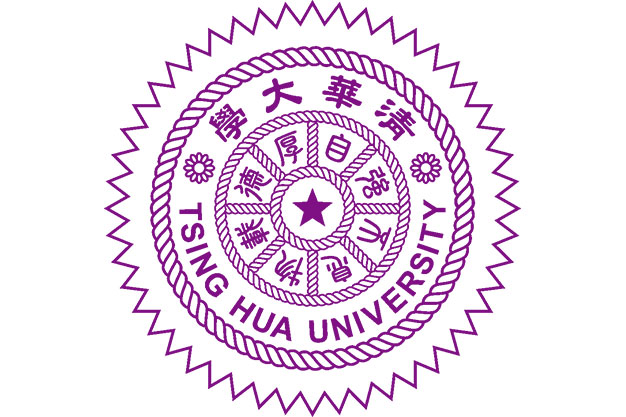NTHU
National Tsing Hua University was established in Beijing in 1911 and was re-established in Hsinchu, Taiwan in 1956. The campus covers over 136 hectares (366 acres) of scenic land, flush with lakes and trees. Campus convenience is of the utmost, neighboring research institutes and universities, likeIndustrial Technology Research Institute (ITRI), National Synchrotron Radiation Research Center (NSSRC), National Chiao Tung University (NCTU), and the Hsinchu Science-Based Industrial Park (HSIP). Hsinchu is accurately known and dubbed as the 'Science city of Taiwan'.
NTHU has developed into a comprehensive research university offering a full range of degree programs in science, technology, engineering, humanities, social sciences, and management. More recently, NTHU was formally merged with National Hsinchu University of Education (NHCUE) in 2016. The university now has 10 colleges, 26 departments, 27 independent graduate institutes, and 10 independent master and PhD programs. Currently, NTHU employs over 808 full-time faculty members. More than 16,547 students, around 9,006 undergraduates, 5,805 master candidates and 1,736 for doctoral candidates as of data of fall semester 2016. The student-faculty ratio is 20.48:1 and male to female students is 2.1:1.
NTHU consistently ranks as one of the premier universities in East Asia, for example, NTHU has been ranked at 151 in QS World University Ranking in 2017. Therefore, NTHU is widely recognized as a leading incubator for future leaders. Our outstanding alumni highlight the success of NTHU students, including Nobel Physics laureates Dr. Cheng-Ning Yang and Dr. Tsung-Dao Lee, Nobel Chemistry laureate Dr. Yuan-Tseh Lee, and Wolf Prize winner in mathematics Dr. Shiing-Shen Chern.


